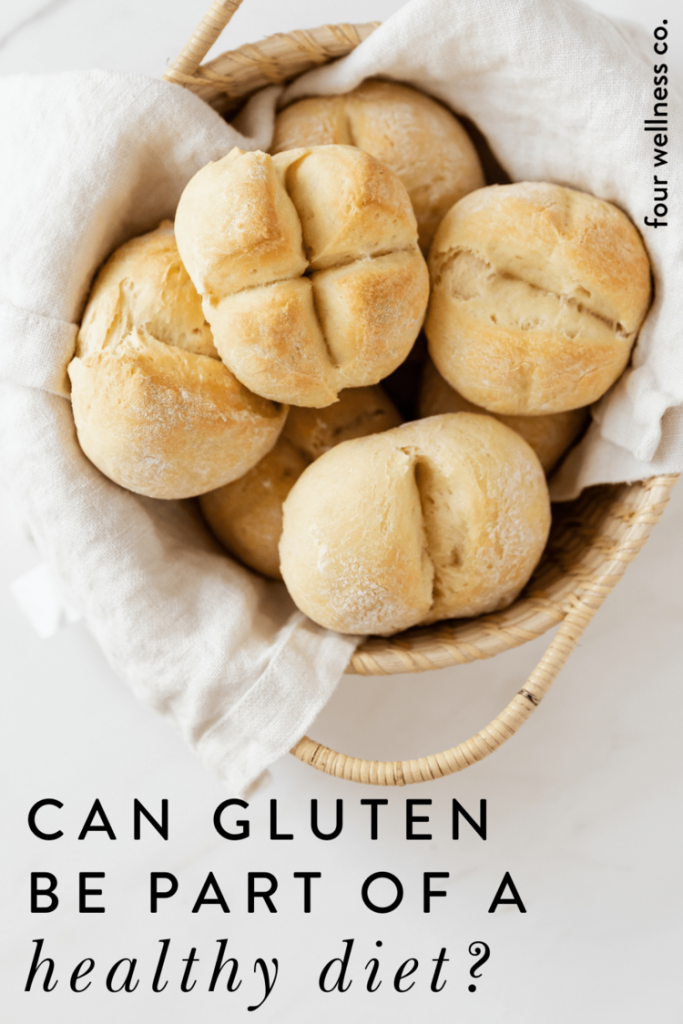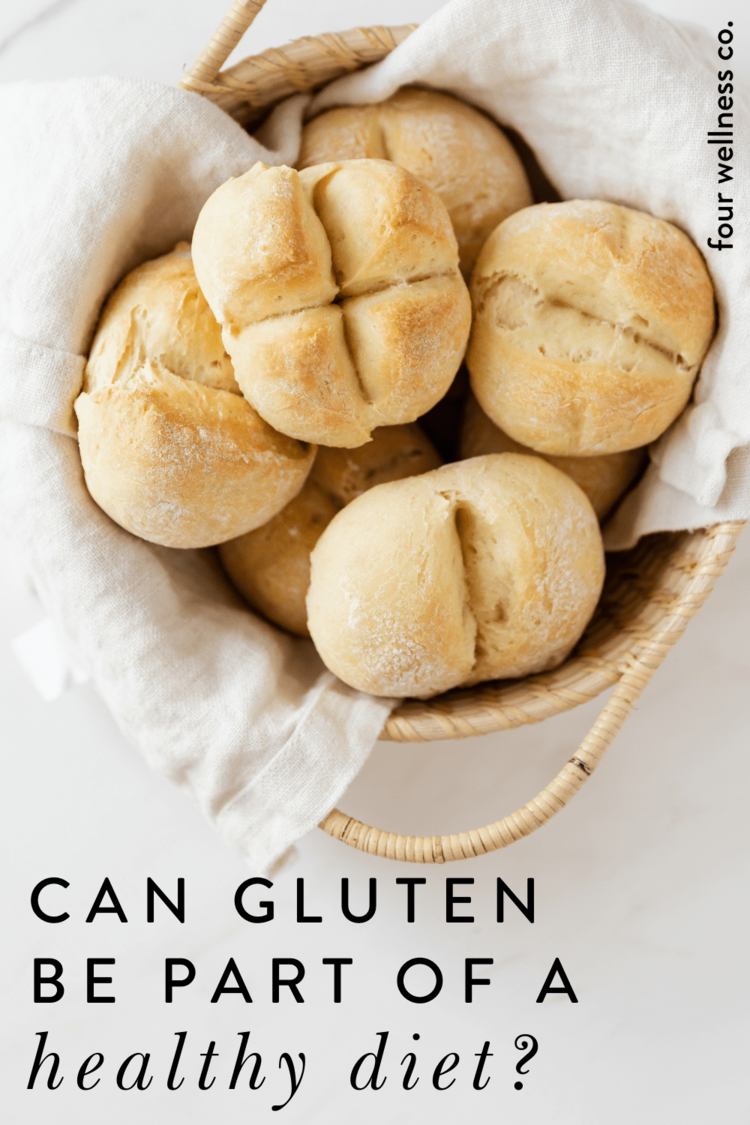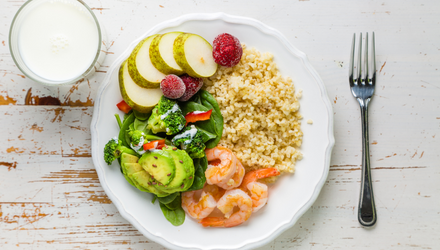What is gluten?
Gluten is a group of proteins commonly found in wheat, barley and rye. It is the glue that helps foods like bread, pasta, and grains hold their shape. Think of it like glue!
In addition to bread and pasta, you may also find gluten in the following foods:
Bread
Soups
Salad dressings
Beer
Pizza
Sauce
How Gluten Affects the Body
How gluten affects our body depends on whether we are sensitive to it or not. However, the digestive process is the same for everyone: once we eat gluten, our body breaks it down into different parts.
There is a substance called maltolysin that cannot be digested by humans. This is the ingredient that causes problems for those with gluten sensitivity.
Those without sensitivity will just get rid of the mellitol protein in their waste without any problems. But for those with celiac disease, the whey soluble protein reacts with a specific enzyme called transglutaminase. This reaction causes an autoimmune response that wreaks havoc on the body.
Due to gluten sensitivity, the immune system does not get involved, but people still experience many of the same symptoms.
Researchers have been able to determine that celiac disease may be hereditary, but not in all cases. Otherwise, they are unsure why some people can handle gluten while others cannot.
Whether or not gluten can be part of a healthy diet really depends on whether or not you have a gluten sensitivity.
For those of us without an intolerance, we can eat gluten without it harming us. However, keep in mind that gluten is usually found in foods that are high in carbohydrates. For those on a low-carb diet (such as the ketogenic diet), you may find that gluten doesn’t fit into a large portion of your diet.
For anyone with gluten sensitivity or celiac disease? Experts recommend giving up gluten altogether. It’s the only way to get rid of its troublesome symptoms. And, in the case of celiac disease, cutting gluten out of your diet entirely is necessary to stop dangerous inflammation and gut damage.
How much gluten is “healthy” to eat?
In a typical Western diet, we usually eat about 10-20 grams of gluten per day. If we count slices of bread, that’s about 8 slices. 🍞
However, you may spread your gluten consumption over many different foods. For those of us who are not gluten intolerant, this is not a problem.
As with any food, it’s important to enjoy gluten in moderation. And, since it’s often unhealthy to consume large quantities of foods high in gluten (e.g., bread, pasta, etc.), use common sense and follow a meal prep plan for healthy eating to ensure you’re eating a balanced diet.

For anyone who has trouble digesting gluten, these guidelines are different. In this case, the FDA recommends less than 20 parts per million of gluten per day (about 10 milligrams of gluten). For reference, this is about some breadcrumbs.
That said, since gluten can be difficult for the body to digest, here are some tips to help your body eat foods that contain gluten:
TAKE DIGESTIVE ENZYMES: Since it takes a while for the body to break down all the components of gluten, taking a digestive enzyme supplement with your meal can provide some extra help. In particular, enzymes from fungal organisms can begin processing food proteins while they are still in the stomach.
Chew properly: digestion begins in the mouth, where saliva and proper chewing help break down the food we eat. Experts recommend chewing each bite 30-50 times before swallowing!
DRINK LOTS OF WATER: Staying hydrated (of course!) It’s good for your body in so many ways, including digestion. If you need a little inspiration, try a healthy water-soaked recipe.
TRY AN ELIMINATION DIET: If you’re struggling with many digestive symptoms, gluten may or may not be the culprit. One way to find out is to go on an elimination diet. Start by taking one or two foods out of your diet at a time. Wait a few weeks and see if your symptoms improve. If they do… You’ve found the problem!
For most people, consuming gluten in moderation is not a problem. But for others, it can cause painful symptoms (and in the case of celiac disease, intestinal damage). Listen to your “gut” and find out if gluten can be part of your healthy diet!



